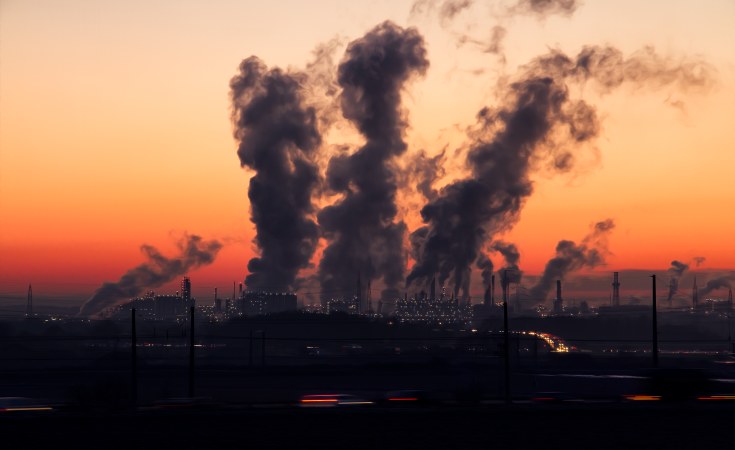The upcoming COP29 climate summit in Baku, Azerbaijan, from November 11-22, comes at a critical juncture. This year's conference will feature a Health Day on November 18, emphasizing the connection between climate change and public health. As global temperatures continue to break records, the stakes for decisive action have never been higher. The World Health Organization's Maria Neira noted that climate change poses a direct threat to health, underscoring the urgent need for tangible progress.
A crucial focus at COP29 should be enforcing the "polluter pays" principle, which mandates that entities responsible for pollution bear the costs of managing it. While widely endorsed in theory, enforcement has been weak, allowing many of the world's largest polluters to operate with little financial consequence. The burden of climate adaptation and mitigation often falls on countries least responsible for emissions, particularly in the Global South.
The Urgency of Health-Centered Climate Action
This year's emphasis on health reflects growing evidence that climate change endangers lives by exacerbating pollution, extreme weather, and food insecurity. WHO's Health Day agenda aims to ensure negotiators understand the dual benefits of climate mitigation: it not only reduces emissions but also prevents health crises. Neira has called for the integration of health considerations in all climate actions, stressing that the world's response to climate threats could result in significant public health benefits.
The high-level meetings on November 18 will launch the Baku Initiative on Human Development for Climate Resilience, which aims to bolster health, social protection, and green jobs in climate-vulnerable communities. This initiative underscores the potential for health-focused climate policies to deliver cross-cutting benefits, emphasizing the interconnectedness of human, animal, and environmental health.
Azerbaijan's Role in Climate Leadership
Azerbaijan is not only hosting COP29 but actively contributing to the dialogue. The nation's recent investments in renewable energy infrastructure and its commitment to reducing greenhouse gas emissions align with global climate targets. Projects like the Green Energy Hub, encompassing solar farms and wind turbines, position Azerbaijan as a regional leader in sustainability. By exporting clean energy to Europe and promoting green investment, Azerbaijan exemplifies how regional cooperation can accelerate global climate progress.
Hosting COP29 reinforces Azerbaijan's commitment to uniting countries from both the Global South and the West around shared climate goals. This inclusive approach, including the invitation to Armenia to participate, underscores Azerbaijan's dedication to collaboration, even amid geopolitical tensions.
COP29's Call for Accountability
As climate impacts escalate, so must the accountability of major polluters. COP29 offers an opportunity to advance measures that ensure those responsible for emissions bear the costs. This includes taxing polluters, addressing past pollution damage, and allowing courts to award climate reparations. Polluters, especially corporations profiting from fossil fuels, have a moral and economic responsibility to compensate the communities affected by climate-related disasters.
Previous COPs, such as COP17 in Durban, South Africa, aimed to establish frameworks for climate action but failed to enforce the necessary annual emission reductions. Today, we need mechanisms that hold polluters accountable--not just targets, but binding agreements with financial consequences for non-compliance.
A Healthier Future Through Accountability
Holding polluters financially responsible could free up resources for climate adaptation and health initiatives. For Africa, where climate impacts could cost up to $50 billion annually by 2050 and lead to thousands of deaths, this support is vital. Ensuring that climate adaptation funding reaches the countries that need it most will help address the health risks posed by climate change, particularly in regions least equipped to cope.
COP29 presents a unique opportunity to champion a new era of climate action. By making the "polluter pays" principle central to its agreements, COP29 can set a precedent for future summits. This shift toward accountability is essential to protect both human health and the environment.
Conclusion
In Baku, the world's leaders must commit to holding polluters accountable. Taxing emissions, enforcing reparations, and prioritizing health-focused climate actions will create a more just and sustainable world. The COP29 summit is a chance to align climate policy with public health and equity--a necessary step in facing the climate crisis and protecting future generations.


